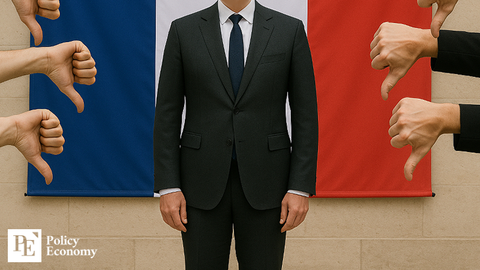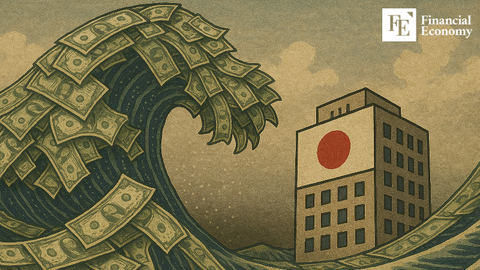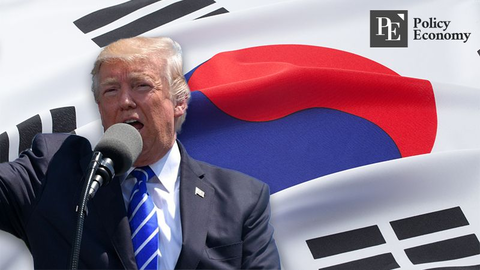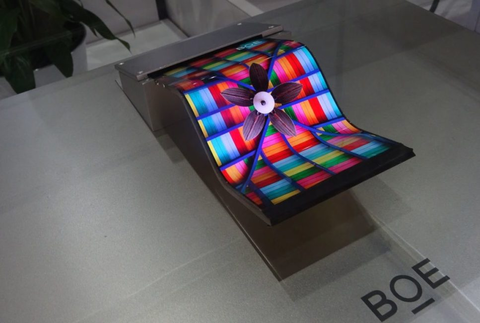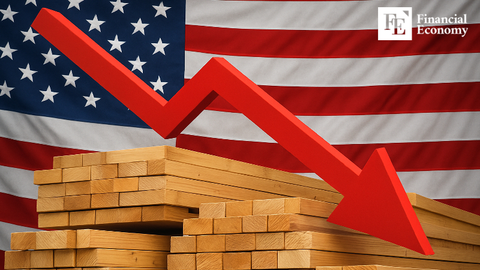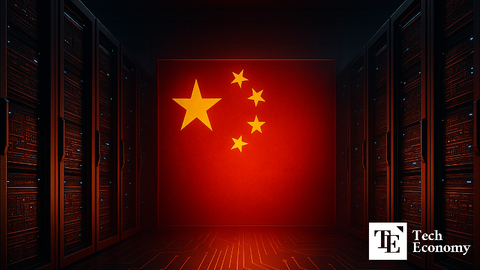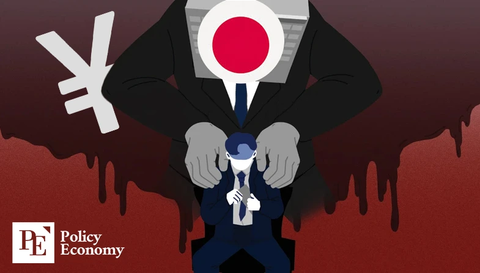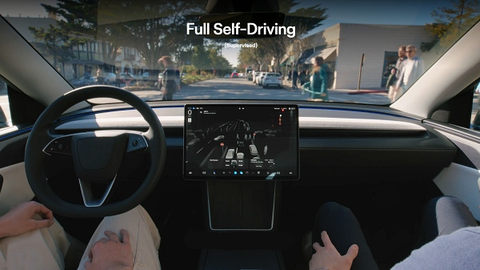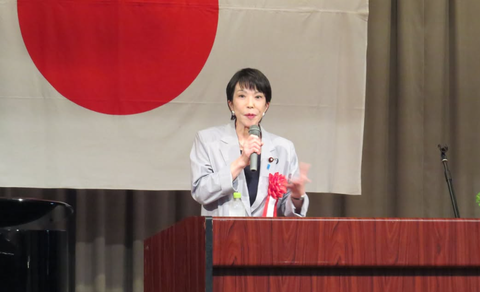Hyundai Motor breaks ground on its first production base in Saudi Arabia
Input
Changed
Groundbreaking ceremony held at Saudi Arabia's 'King Salman Automotive Industrial City' Joint venture with Saudi sovereign wealth fund, aiming to begin operations in Q4 2026 Establishing an annual production system of 50,000 units to accelerate entry into the 3 million-unit market
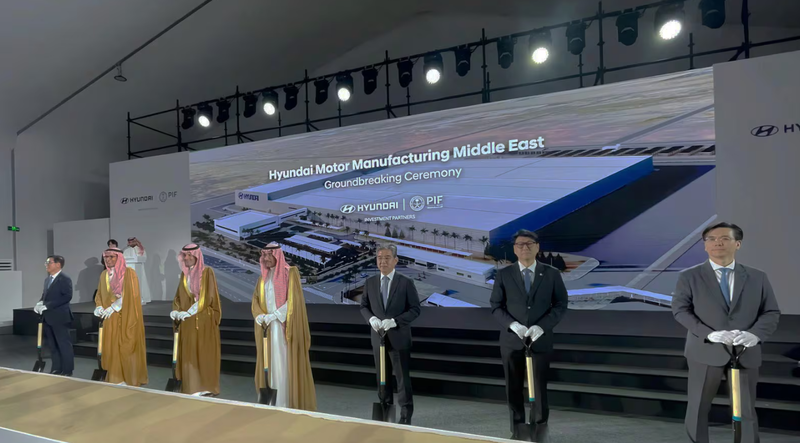
This move is aimed at efficiently targeting the rapidly growing Middle Eastern automotive market and strengthening the brand's foothold in the region. In particular, Hyundai plans to accelerate its push into the eco-friendly vehicle market by producing electric vehicles locally, in line with the carbon neutrality initiatives of key Middle Eastern countries such as Saudi Arabia and Qatar.
Hyundai Motor's First Plant in Saudi Arabia
On May 14 (local time), Hyundai Motor announced that it held a groundbreaking ceremony for its new plant on the site of Hyundai Motor Manufacturing Middle East (HMMME), located in Saudi Arabia’s King Salman Automotive Industrial City. HMMME is a joint venture with 30% owned by Hyundai Motor and 70% by Saudi Arabia’s Public Investment Fund (PIF). The factory is designed to produce a mix of electric vehicles and internal combustion engine vehicles, with an annual capacity of 50,000 units. The plant is scheduled to begin operations in the fourth quarter of 2026.
More than 200 people attended the groundbreaking ceremony, including Saudi Minister of Industry and Mineral Resources Bandar Ibrahim AlKhorayef, PIF Deputy Governor Yazid Al-Humied, Acting South Korean Ambassador to Saudi Arabia Moon Byung-jun, and Hyundai Motor Group President and CEO Jang Jae-hoon. PIF’s Yazid Al-Humied stated, “We will accelerate the growth of Saudi Arabia’s mobility ecosystem through continued partnership with Hyundai Motor.”
In his congratulatory speech, Jang Jae-hoon said, “I don’t believe that overseas investment will neglect or weaken domestic investment. This year, Hyundai Motor Group plans to invest around 25 trillion KRW (approx. $18.4 billion) in Korea, while investing 31 trillion KRW (approx. $22.8 billion) over four years in the U.S. While global growth is a top priority, we are committed to continued domestic investment.” He added, “This groundbreaking ceremony marks the beginning of a new era for both Hyundai and Saudi Arabia. We will lay the foundation for a new chapter in future mobility and technological innovation.”
King Salman Industrial City: A Forward Base for the Middle East Automotive Industry
The King Salman Automotive Industrial City, where HMMME is located, is a newly established automotive manufacturing hub in King Abdullah Economic City (KAEC), built by the Saudi government to foster the automotive industry. Situated about 100 kilometers from Jeddah — Saudi Arabia’s second-largest city and major trade port — the area is emerging as the center of the Middle Eastern automotive industry, attracting electric vehicle makers and parts suppliers.
Named after Crown Prince and Prime Minister Mohammed bin Salman, the King Salman Automotive Industrial City is part of Saudi Arabia’s national development project, Vision 2030, which aims to diversify the economy and promote social and cultural transformation. The industrial city spans 60 square kilometers, equivalent to about 8,108 soccer fields. It will host production facilities for Hyundai, Saudi Arabia’s first EV brand, Ceer Motors, Lucid Motors, and Pirelli Tires, among others.
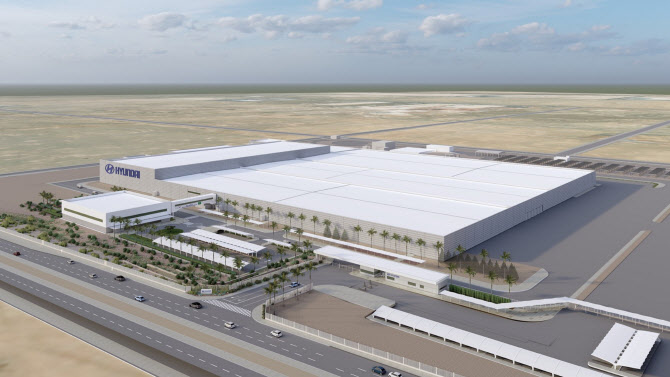
Responding to Growing Demand for EVs in the Middle East
Hyundai's decision to build its first Middle Eastern factory in Saudi Arabia stems from the country’s position as the region’s automotive powerhouse, accounting for about 34% of the total market. Of the approximately 2.49 million cars sold in the Middle East last year, 840,000 were sold in Saudi Arabia. Among the 14 countries where Hyundai sells vehicles in the region, Saudi Arabia represents more than half of its sales. In the first quarter of this year, Hyundai ranked second in Saudi market share at 24%, just behind Toyota at 26%. The local production strategy may be key in overtaking the current leader.
Hyundai also sees significant growth potential in the electric vehicle market, where it already has a competitive edge. In line with Vision 2030, the Saudi government aims to produce 500,000 EVs annually and convert over 30% of Riyadh's vehicles to electric. Qatar is developing infrastructure to achieve 10% EV adoption by 2030. The UAE's EV import value soared 14-fold, from $100 million in 2019 to $1.39 billion in 2022, highlighting rapid market growth.
Additionally, Hyundai’s outlook in the region is bolstered by deepening ties between the U.S. — Hyundai’s largest export market — and Middle Eastern countries. Former U.S. President Donald Trump, during his first official overseas trip after regaining power, visited Saudi Arabia, Qatar, and the UAE starting on May 13 to strengthen economic cooperation.

